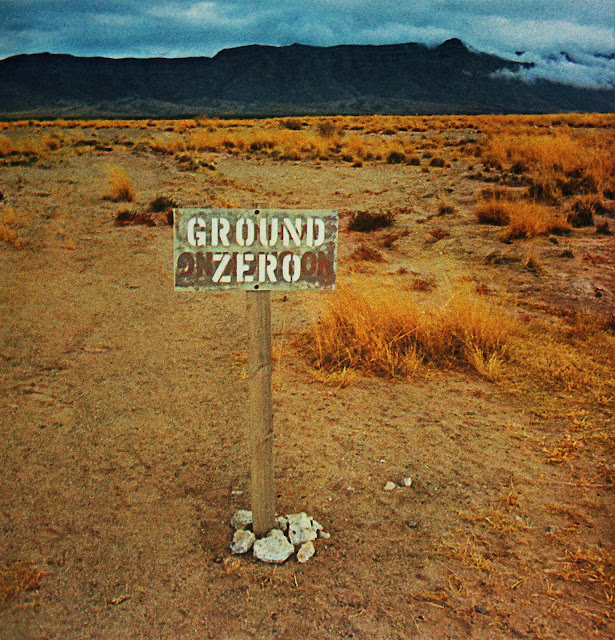[Last
autumn, a new and awful form of protest came to Spain. A string of homeowners
on the verge of eviction by court orders and the riot police (antidisturbios) committed
suicide by leaping from the windows of their mortgaged houses. The growing
anti-eviction movement has altered the dynamic of social protest in Spain,
broadening and deepening the opposition to austerity already manifested in the
15M and 25S movements. In the general strike of 14 November, called for by the
largest unions, ‘everyone except the Partido Popular and Basque nationalist
unions’ poured into the streets. Darío Corbeira, editor of Brumaria, sends the following
reflection on the context of the unfolding social struggle. Many thanks to him
for taking the time, and to Maria Adelaida Samper for the fine translation. –GR]
Hermeneutic
Antidisturbios:
25S, the Anti-Eviction Movement and the 14 November General Strike in Context
By Darío
Corbeira
On 25
September, several thousand citizens responded to an anonymous call to surround
Madrid’s Congress of Deputies: ‘Surround the Congress, remain there
indefinitely. Desert and break with the current regime, demand the dissolution
of the entire government, courts and heads of state, and abolition of the
existing Constitution. Begin constituting a new system of political, economic
and social organization.’
The gathering citizens aimed to convey to the parliamentarians their deep
opposition to the austerity program of Mariano Rajoy Brey’s governing Partido
Popular (PP) and to the interventions of the European Central Bank,
International Monetary Fund and European Union. Framing it was a radical
critique of the parliamentarism that came out of the so so-called Transition to
democracy. As made clear in their manifestos, proclamations and chants, the
protesters saw that form of democracy as utterly bankrupt. What began that day
has become known as the 25S movement, distinct from but clearly related to its
predecessor 15M and the other movements that have emerged from the
neighbourhoods, universities, hospitals, cultural centers, and manufacturing
areas. All were questioning the perverse effects of neoliberal policies
designed by financial capitalism and applied to the letter by the governing
authorities. Those effects have shaken the fragile ‘welfare state’ slowly built
up since Franco’s death and have undermined all it has achieved by way of
diminishing the gaping social and economic disparities that persist in Spain
despite the governments of the Partido Socialista Obrero Español (Spanish Socialist Worker’s
Party/PSOE).






